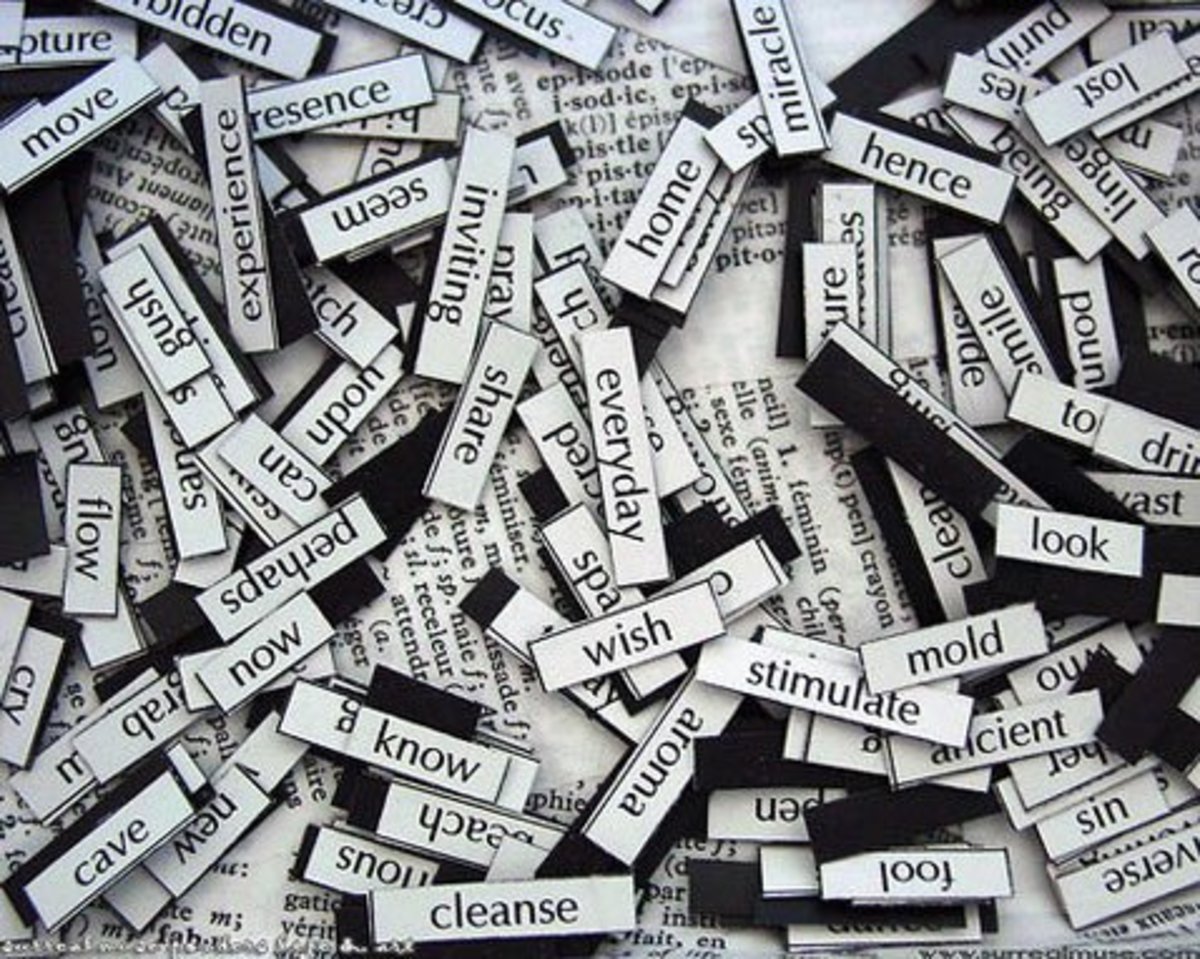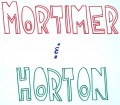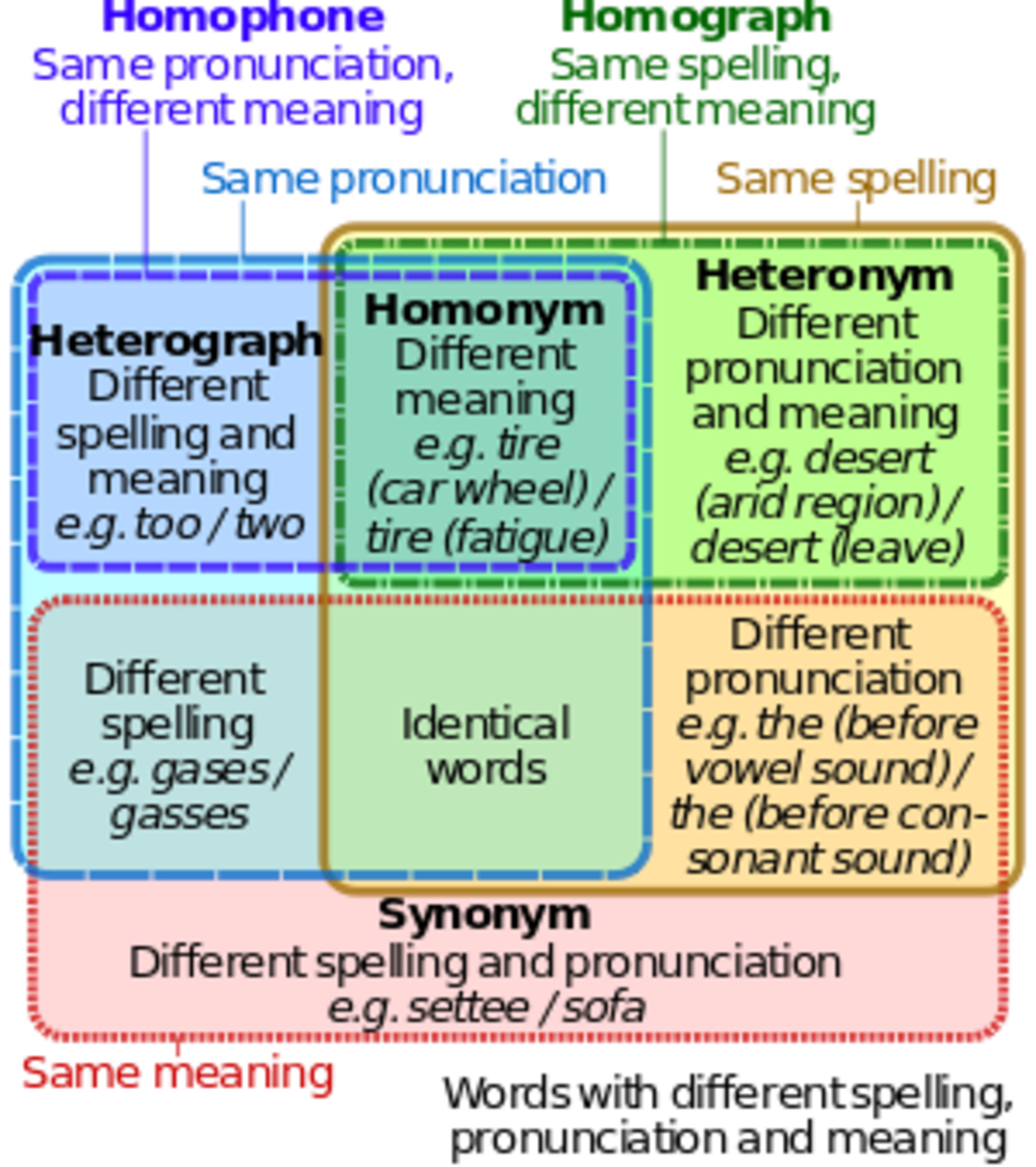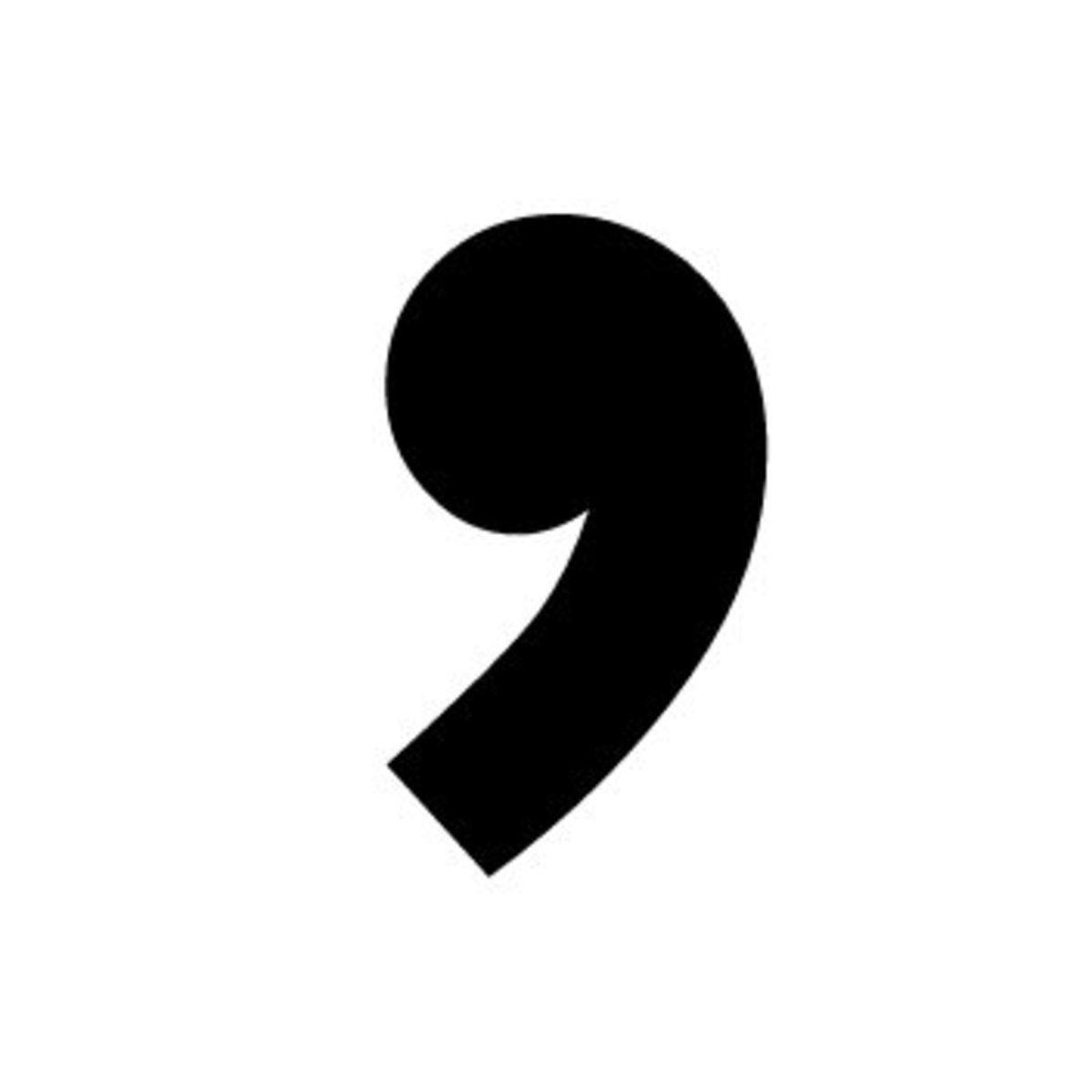The Words Sound Write, What's the Madder?
Homonyms or homophones are words which sound the same (or similar), but have different meanings, and often different spellings.
These are frequently confusing to people who learn English as a second language. They are also a problem for native-born English speakers.
For example, the poem below “The Flower and The Bee, sounds correct when read allowed . . . er . . . I mean aloud, but incorrect homonyms have been substituted throughout.
I have used the example as an elementary level grammar lesson, by reading it, and displaying the written version for students to copy and correct.
There are 19 or 20 misused words in a short poem. Even though all the words sound right, they are not.
(A pome, by the way, is a kind of fruit that has a core with seeds like an apple or pear.)
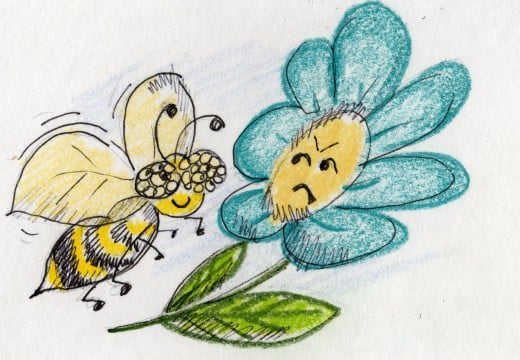
Flour and Be Pome
"Bee quite," said the flour. "I will knot," said the be.
"Then buzz off four an our, and sea the old pair tree."
"Weight a minute flour, just let me steel a kiss."
"Know, weigh," said the blossom, pleas, leaf me out of this."
Sometimes Homophones and Near Homophones Come in Threes or Fours.
The use and misuse of certain words can cause a mental jolt when you are reading.
I recently read about a young man who joined the Marine "Corpse", a person who attended "Cavalry" Church, a person who advocated "human" execution for sick animals, and a legal matter with a "statue" of limitations.
Thankfully, they were not all in the same article.
The word "close" can sound like clothes if you don't get the "th" sound in there, and way too many people --who aren't even Tarzan-- think they are wearing cloths instead of clothes. If you ARE wearing a loincloth and you are close to the door, close it.
A Nightmare and a Knight Mare
A nightmare is a disturbing dream, presumably occurring at night. A knight mare is a female horse belonging to a knight, though any genuine self-respecting knight would surely ride a stallion.
- Pair pear pare: "Please pare a pair of pears."
- Road rode rowed: "We rode the boat which was rowed down the flooded road."
- You're you're yore ur: " You're unlikely to find people who were texting the word 'ur' on your cell phone, in days of yore.
- We whee Wii wee: "The three wee pigs went wee wee wee, all the way home to play with their Wii. Wheee!"
- Bear bare beer: " It is unwise to hunt bear while bare and drinking beer." (Ok, so beer doesn't quite work, but if you are hunting bears while naked, it probably involves beer.)
On the Net
One of the most misused words on the internet seems to be "sight" when the word "site" should be used. A site like an internet web page is a place, a location.
Of course you can also "cite" a reference or even cite an entire site. Sight is a sense of vision or something seen with the eyes. One reason that it is confusing is that sites can be seen and so can sights.
If you are referring to a location that can be found on the internet-- don't refer people to your sight, please use "site", and please cite it correctly.
It is possible to misuse homophones several different ways in one short sentence , as in: "They're stuff is over their. "
When people are talking like this, no one notices, but if you are going to write, try to be right.
Congradulations and Congratulations!!
I suppose the confusion comes here because it is entirely appropriate to congratulate people on their GRADuation.
The problem comes because these are NOT even homophones. ConGRADulations is NOT even a REAL WORD. (Excuse the shouting.) The real problem here is sloppy pronunciation. I see and hear this one way too much.
The Latin derivation of "congratulation" is from con, (meaning with) and gratulari (meaning to show joy), from gratus = pleasing. Please stop "congradulating" people. There is no such thing. Spell check should take care of this easily.
Know the Difference
If you don't know for sure, look them up.
Some words are approximate homonyms. Correct pronunciation helps in many cases, but not always. Which examples are correct?
1. dying dyeing: I'm dyeing to dye my hair.
2. forth fourth : I was forth in line, but when the whole group went fourth, I lost my place and came in fortieth.
3. weather whether: We don't know whether the weather will be hot or cold.
4. weave we've -- It's getting cold. We've got to weave another blanket
(only #4 is correct.)
To extend the "pome" lesson above, as either an oral or written exercise, students can write their own poems, stories or sentences and have other students correct them.
If you are using it as a lesson, you might want reference the words in the list, or even ask the students to come up with more examples.
Knowing the differences between similar words, and using them correctly can often make the difference in your credibility whether you are writing a hub or a résumé.
By the way, Should That be Resume , Resumé , or Résumé?
Which brings up the subject of words that are spelled alike and sound different and have different meanings
Résumé is a noun meaning a summary, pronounced "ray-zoo-may" or maybe even "reh-zuuum-may"
Resume is a verb indicating continuience of a previous action pronounced "ree-zoom".
In the US the unaccented form is often used as the noun that means resumé ("ray-zoo-may") as a convieniece to typists
Resumé is a mutilated spelling of a French word which has one of it's accent marks amputated, but it is the one I grew up with, and my personal preference.
People have been been debating this point in detail for years.
Know the Difference
This list has pairs (not pares or pears) of words which are too commonlyconfused. Always look them up if you are not sure which to use.
peace piece hear here blue blew
wail whale weight wait tale tail
chord cord sell cell sore soar
tea tee grown groan tide tied
pleas please build billed layer lair
sum some past passed plum plumb
loose lose idle idol elicit illicit
personal personnel stationary stationery
four fore for desert dessert
capitol capital principle principal

